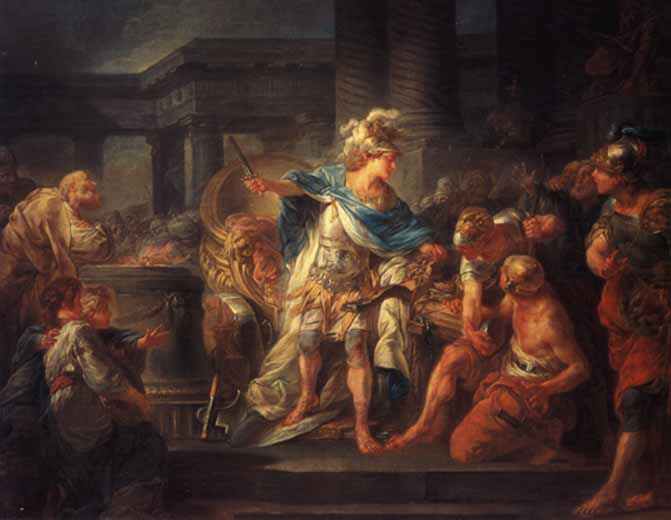Previously we looked at John Frame’s scriptural argument that government should offer protection from theft, not be an agent of redistribution.
I agree with this vision of justice. Scripture doesn’t support the modern idea of “social justice.”
I’m in good company.
Individual rights to property, free action, trade, and profit—these were the ideals of America’s founding fathers. On the basis of the equality of rational men, they created a society of rights.
But what are rights? Today hardly anyone knows. Founding fathers such as Patrick Henry spoke of “natural rights.” They did not accept our modern idea that rights are whatever society says they are. Rights are principles that always hold true for man—because he is man.
Ayn Rand best defined rights:
A “right” is a moral principle defining and sanctioning a man’s freedom of action in a social context. There is only one fundamental right (all the others are its consequences or corollaries): a man’s right to his own life. Life is a process of self-sustaining and self-generated action; the right to life means the right to engage in self-sustaining and self-generated action—which means: the freedom to take all the actions required by the nature of a rational being for the support, the furtherance, the fulfillment and the enjoyment of his own life. (Such is the meaning of the right to life, liberty and the pursuit of happiness.)
The founding fathers believed in the freedom to act without interference or impositions.
This idea can be understood as “negative rights.” Contrast it with the modern fallacy of “positive rights,” in which people are supposed to have the right to food, healthcare, schooling, etc. That is a complete inversion. Such so-called “positive rights” make real rights impossible.
There is a difference between saying the world would be better if everyone had shoes vs. saying everyone has a right to shoes, and that right must be protected by instruments of force. That is a much bigger claim, and it cannot be supported.
Rights are indeed negative.
We do not have a right to anything, but only a right to be left alone. The reason: if man is to live, it is right that he be able to produce and keep his product. It is right that man have ownership (exclusive control of) of that which he creates.
Why could one man owe any part of his life to another man? And how could it be right for the government to force him to give away what he does not choose? These are questions to which no one has ever given a satisfactory answer.
In this series:
